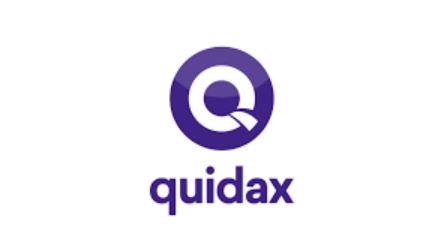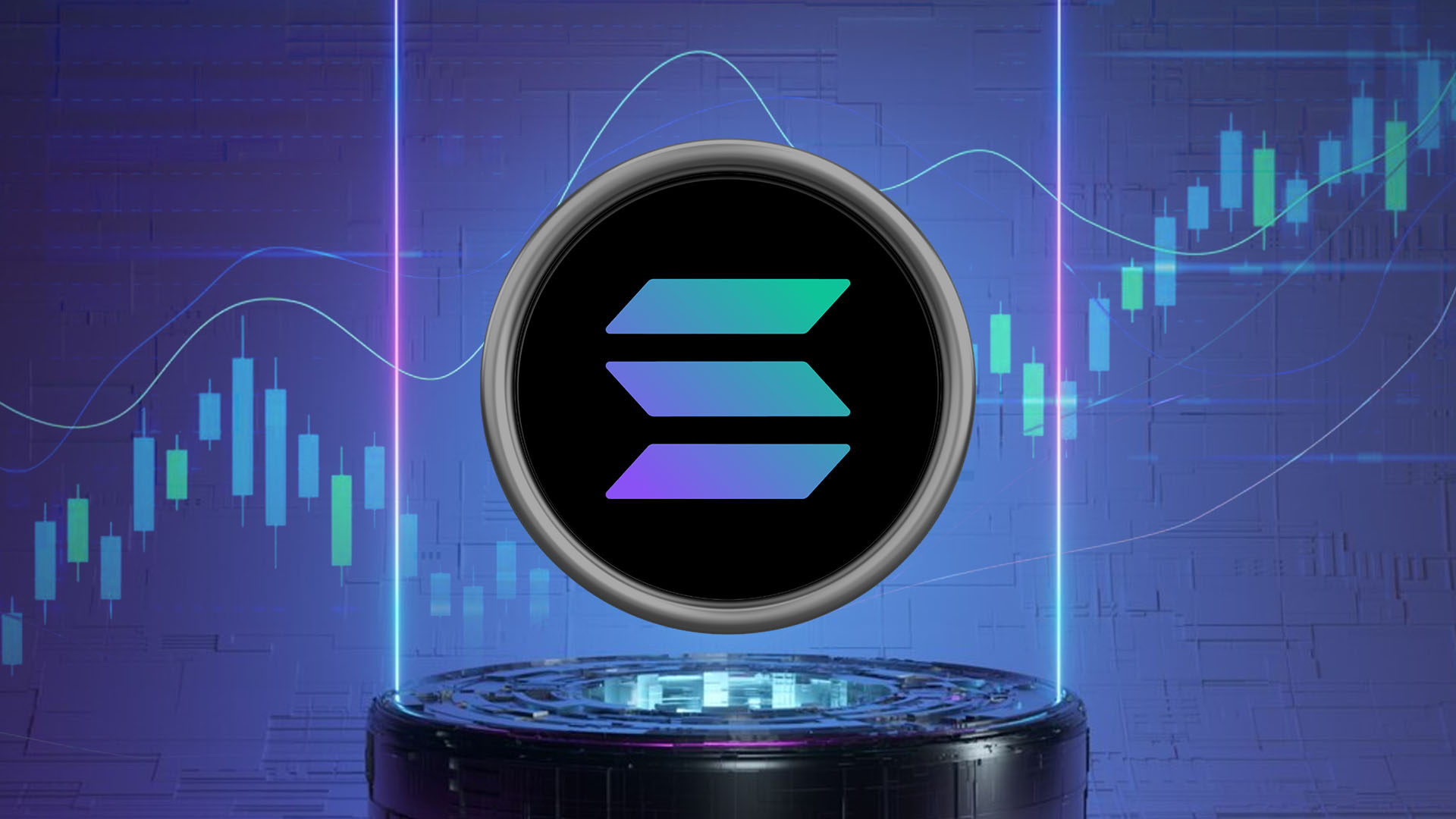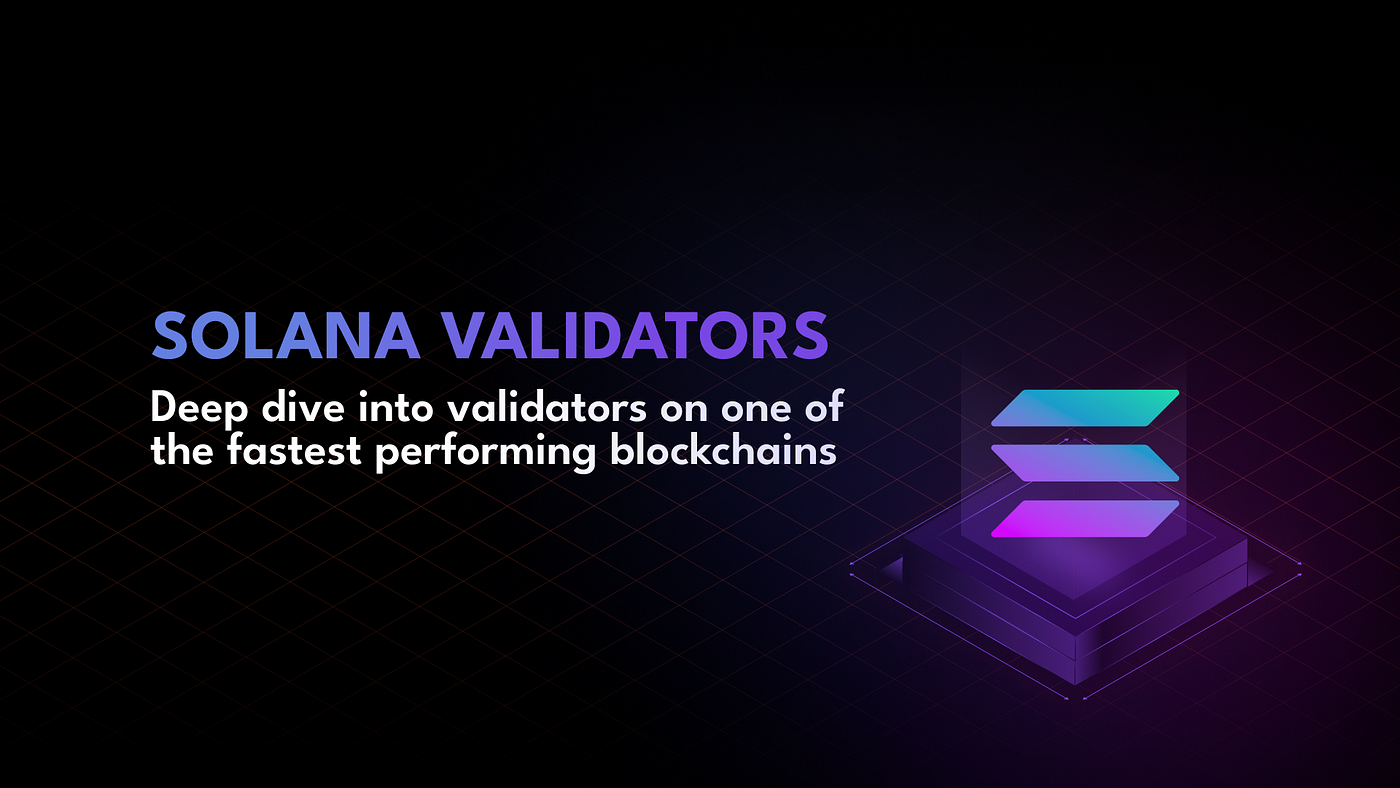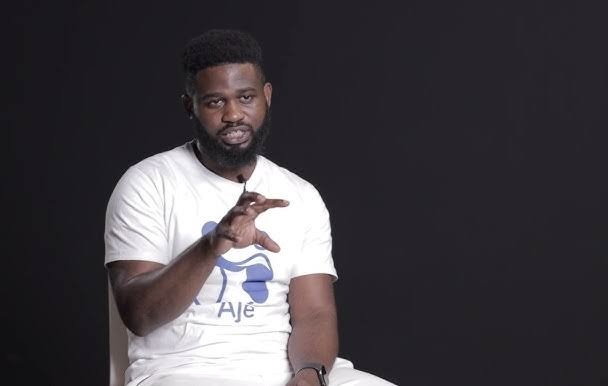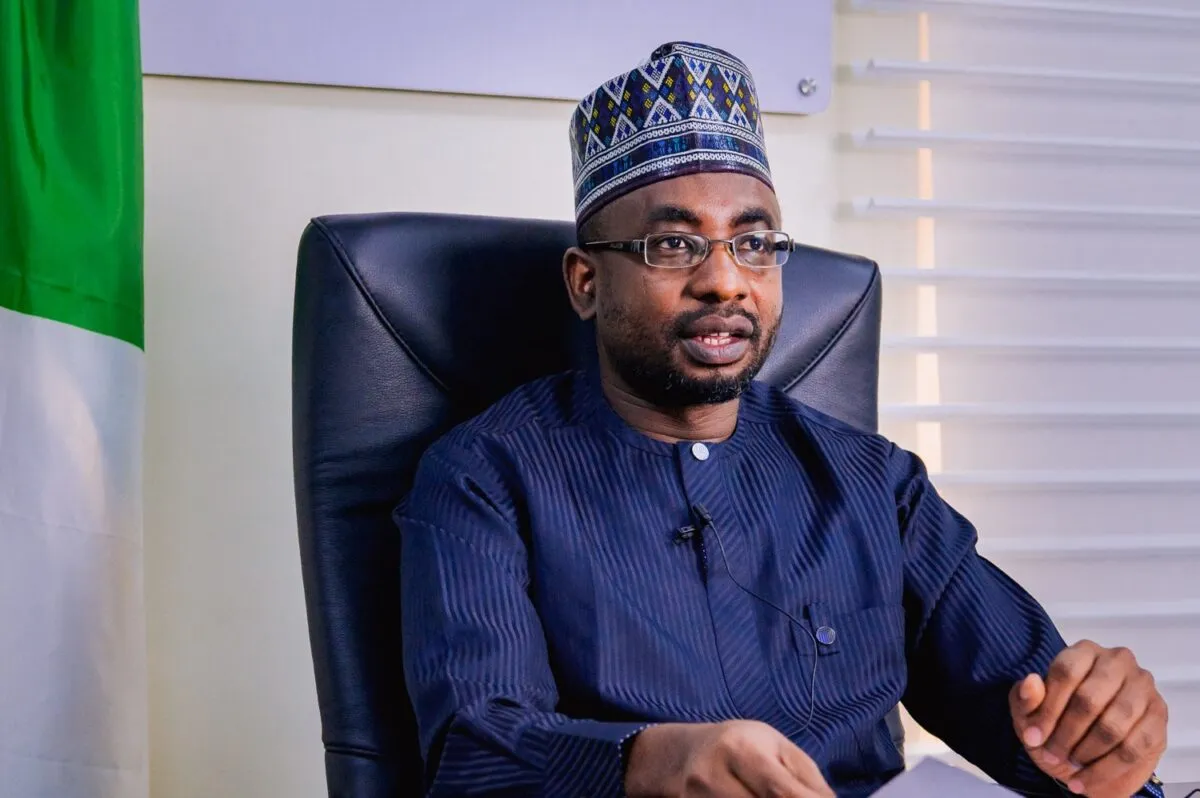On Wednesday, Africa’s top cryptocurrency exchange, Quidax, announced a partnership with Tether, the biggest player in the digital asset market.
This collaboration, starting in Nigeria and Ghana, seeks to improve blockchain education in Africa by educating users about stablecoins and Bitcoin. With this partnership, Quidax and Tether hope to equip more than 15,000 individuals and companies with the skills they need to take advantage of digital assets.
Read also: Zap Africa and Paystack clash over trademarked name ‘Zap’
Enhancing Blockchain Literacy Across Africa
The collaboration will include financial literacy campaigns, thought leadership, interactive workshops, and community engagement efforts designed to equip users with the knowledge to navigate the digital asset ecosystem safely and effectively.
Stablecoins like USDT play a crucial role in financial inclusion by providing stability amid currency volatility and enabling seamless cross-border payments.
“With rising interest in digital assets across Africa, stablecoins like USDT provide a reliable way for people to store value and conduct business transactions with ease,” said Buchi Okoro, CEO of Quidax. “Collaborating with Tether allows us to bridge the knowledge gap and drive broader education of cryptocurrency in a way that benefits everyday people.”
“At Tether, we are committed to fostering financial education and empowering communities with the tools they need to navigate the digital economy. Africa is at the forefront of blockchain adoption, with Ghana and Nigeria among the most prominent emerging markets. Through this collaboration with Quidax, we aim to give individuals and businesses the knowledge to leverage digital assets consciously. By collaborating on financial education, we are laying a foundation for a more inclusive and accessible financial ecosystem,” said Paolo Ardoino, CEO of Tether.
Quidax and Tether are working toward a more inclusive financial ecosystem by fostering financial literacy and expanding access to digital assets education.
The initiative educates members through financial literacy campaigns, interactive workshops, and thought leadership activities. The cooperation provides hands-on community participation to allow people to make decisions about the digital asset ecosystem.
